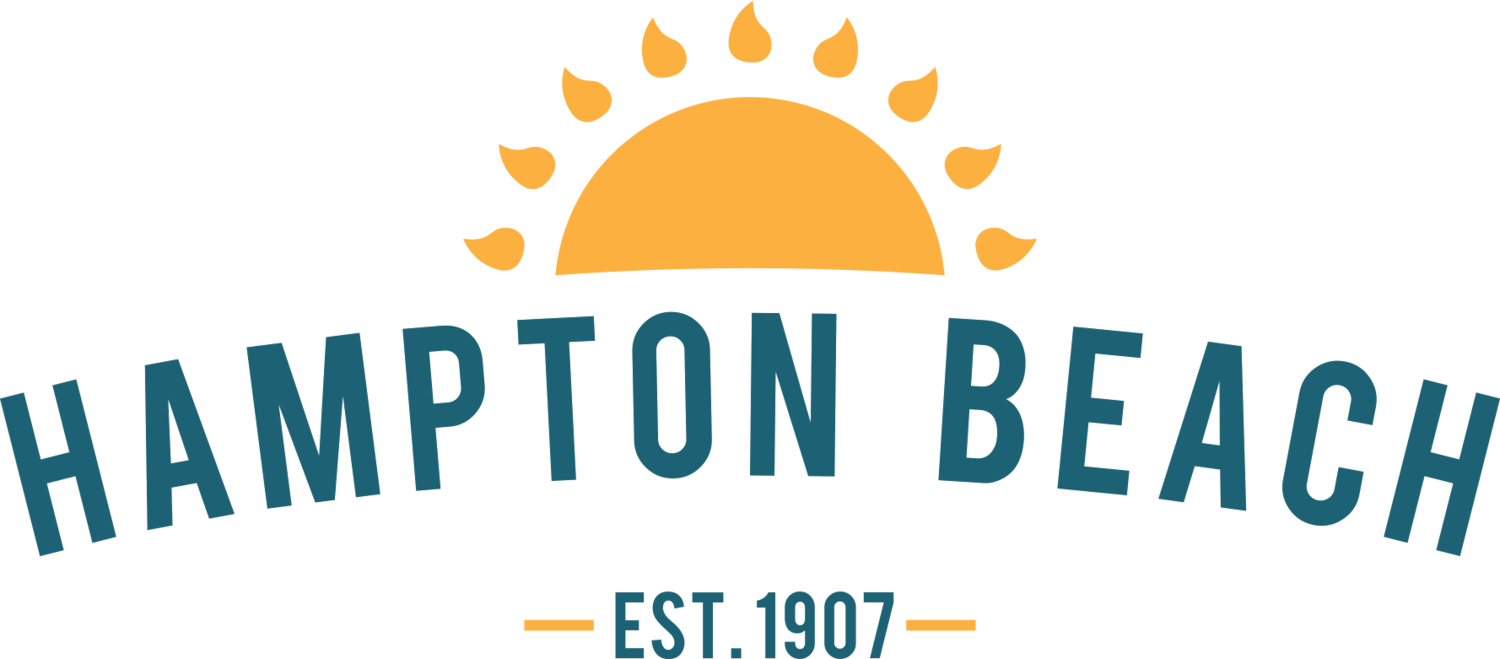Julie’s Happy Hens
Meet owners Julie Whitcomb and Matt Gelbwaks
What we produce: We produce eggs. We have chicken eggs, duck eggs, guinea eggs, goose eggs, and we even have pea eggs! Brown and blue and green and pink and one or two white ones as well. Soon we will be producing sheep’s milk yogurt and cheese for sale.
Why you should try it: Our eggs taste like those you used to get at grandma’s house back when she lived out in the country or had a few birds back in the shed. The eggs are fresh. They stand up and celebrate flavor. They are bold and orange with the clearest whites possible. And, if you want, you can come meet the bird that laid your egg.
We believe strongly that we are stewards of the land we live on and caretakers of the animals we depend upon. Although we don’t feed organic feeds for several reasons, our husbandry practices are based upon the health and well-being of the individuals. We only use antibiotics during times of life and death and only if it is truly necessary. We are recognized as leaders in at least the local space for being naturopathic and finding more appropriate methods for addressing animal (and our own) health. We have worked with the State Veterinarians here in New Hampshire and we regularly have students from the U.K. come and intern on the farm to learn alternative approaches to poultry. Most recently, we have been developing a permaculture plan for the farm to help keep it healthy as the climate changes.
How we got here: Both my husband and I grew up on little farms way back when in upper New York state by the Canadian border. We always had horses. He started with Jersey cows and then shifted to sheep for wool and meat in the ’80s when milk prices plummeted. … I met Matt [in college] … even though we only lived one town apart. His family did a yeoman’s job reintroducing sheep to St. Lawrence County, but the living wasn’t there and so they ended up selling everything off. ... I worked with Matt at the farm for the last couple of years, and we always said we would go back to the farming life if ever we could find a way to live decently while we did so.
For 25 years we wandered various food deserts until we found ourselves in Mont Vernon with no intention to farm but with 25 chickens, and it all started over again. Twenty-five chickens became 50 became 100 became 400 became 1,000 became 3,000, and cows and ducks and sheep and peafowl and geese and guineas were added. ... Before we knew it we had the largest backyard coop in the state. For years and years both before and after our wandering, we always were pretty low-tech with lots of manual labor.
As we got older, we knew that could not continue and still be enjoyable, so we searched for new and different ways of doing things. In 2009, when we still had less than 1,000 birds, Matt stumbled upon a new approach pioneered at a university in the Netherlands. He worked with the folks there and visited their prototype and they offered help in adapting the facility to deal with the New England weather but left creating the market up to us. Frankly, that has been the harder of the two. We designed and built a new barn that everyone said could never work — and though parts of it still have issues, the two of us have found we can run 3,000 birds with just us, make enough money to enjoy what we are doing, and still have time available to do other things like raise milking sheep and make sheep’s milk cheese and yogurt.
Where to find our products: Our eggs are available at Three River Alliance and at many little stores and farm stands from Maine to Boston to Keene. Buying from Three Rivers is great, because every week we bring them to Exeter, and our friends there bring them to you only days after the chicken laid them. There is no such thing as an old Julie’s Happy Hens egg, because they never get that far. Visit JuliesHappyHens.com or threeriverfa.com.
— Rob Levey
Photo Credit: Courtesy photo.
